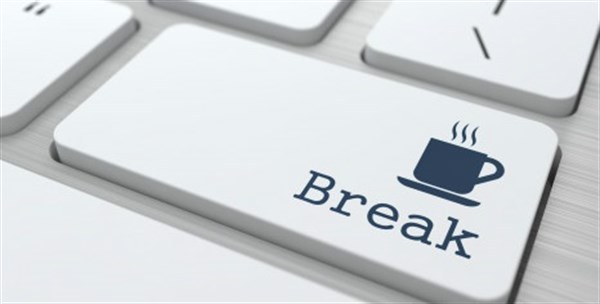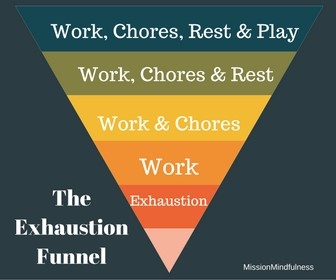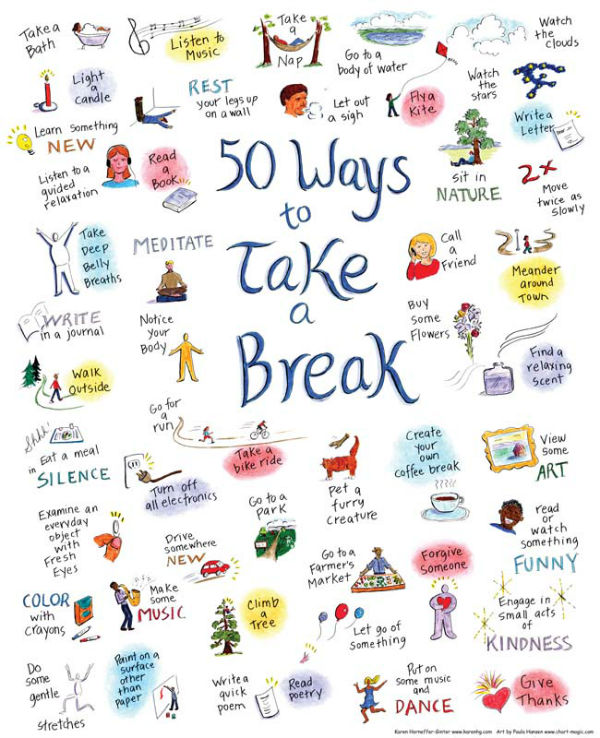Why self-care is vital to our mental wellbeing
10 Oct 2017 | Karen Liebenguth

We're all familiar with the drill: life is okay until that
'something' happens... work becomes overwhelming, a family member
falls ill, we fall out with someone or we just have lots on and
life suddenly feels too much.
We then have a realisation and tell ourselves, we can't do it
all; something will have to go. But what?
Usually the first thing we drop is something inessential,
something that won't entail letting others down: doing exercise,
going to the cinema, taking a lunch break, seeing a friend,
listening to music, cooking something new, reading a book.
Consequently, the very things we enjoy, that nourish us, that make
us feel alive, drop off our agenda.
By the end of the week we are a little more tired and jaded, and
our mood dips too. Why? Well, we've chosen not to do the things
that fulfil us and make us feel resourced. We're left juggling
life's essentials as we perceive them - chores, work, family
commitments.
What's more, this pattern is self-perpetuating. As time goes on,
something else we enjoy, some more 'time for you' goes the next
week. In a bid to not to let others down (for fear of feeling
guilty and that's unpleasant) we become more depleted, stressed and
something else has to go…
Sound familiar?
The Exhaustion Funnel
Marie Asberg, professor at the Karolinska Institute in
Stockholm, is an expert in burnout and she calls this process of
not caring for ourselves The Exhaustion Funnel.

The top of the Exhaustion Funnel represents a full and balanced
life, with work, family, friends, hobbies, exercise and interests.
The bottom of the Exhaustion Funnel represents a life that has been
stripped down to merely doing those things we have to do to keep
going about our day to day - work, family commitments, food,
cleaning, shopping etc.
It can be very easy to slip down the exhaustion funnel if we
don't look after ourselves.
Self-awareness
To truly care for ourselves we need to become more
self-aware.
Self-care requires self-awareness; knowing what we need
in every moment of the day, week, month and acting upon it as best
we can.
Self-care also requires us to accept and understand that looking
after ourselves well and saying 'no' to others does not necessarily
mean that we let others down.
On the contrary, self-care means we are taking responsibility
for ourselves and this in turn keeps our batteries charged and when
our batteries are charged we have more to give to others.
Is there a way out of the exhaustion
funnel?
I recently found myself at the bottom of the 'exhaustion funnel'
and in complete 'doing mode'.
I was at my desk, starring at my to-do list, feeling numb and
empty inside. It was three o'clock in the afternoon and I could not
imagine doing anything. I took a moment and asked myself: "What do
I most need right now?" The answer was, "I need to stop and go for
a swim." And I did. I packed my bag and left the house. It was the
best thing I could do for myself.
The underlying belief that allows us to care for ourselves is
having the safe knowledge that it's okay to care for oneself,
indeed it its essential for good mental and physical health, and a
realisation that when we do care for ourselves, we have a greater
capacity to be there for others.
Here are some tips that can help us take care of ourselves:
- Take regular lunch breaks whether you work from home or in the
workplace.
- Accept that to-do lists are by nature endless; there will
always be more work than time.
- Create technology free times/days in the week or month. I often
have screen-free Sundays. A lovely day to take time out.
- Take time for things you enjoy: swimming, yoga, music, being in
nature, cycling, painting, baking bread, cooking, gardening…
- Drink lots of water and eat well.
- Cycle or walk more - physical exercise brings balance to the
mind and body. It can help prepare for the day ahead or wind down
from the day that's been.
- Have a friend or colleague you trust and can talk to and share
your feelings with.
- Spend 10-20 minutes every day keeping a journal - what went
well in your day, what you would have liked to change. Read my
recent blog about Daily Journaling and how it brings about
self-support, self-awareness and self-care.

Spend more time doing
less
No life comes without stress, challenges, conflicts, pressures
and setbacks or moments of complete exhaustion but consider this
paradox: the best way to get more done may be to spend more time
doing less.
Karen Liebenguth is a qualified life coach. She
offers 1:1 coaching while walking outdoors in green space, where
she believes insight, change and creativity can happen most
naturally. Karen is also an accredited mindfulness teacher and MBTI
facilitator. She offers 1:1 mindfulness training and tailored
mindfulness programs for the workplace. For more information on
Karen's work visit her website: http://www.greenspacecoaching.com
